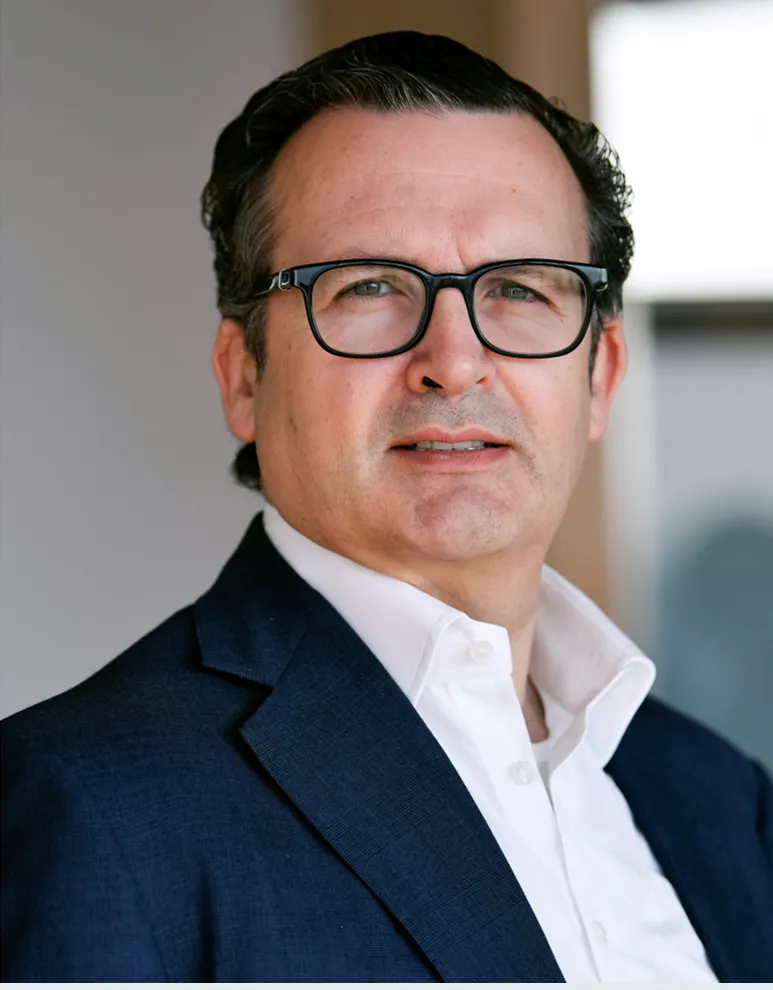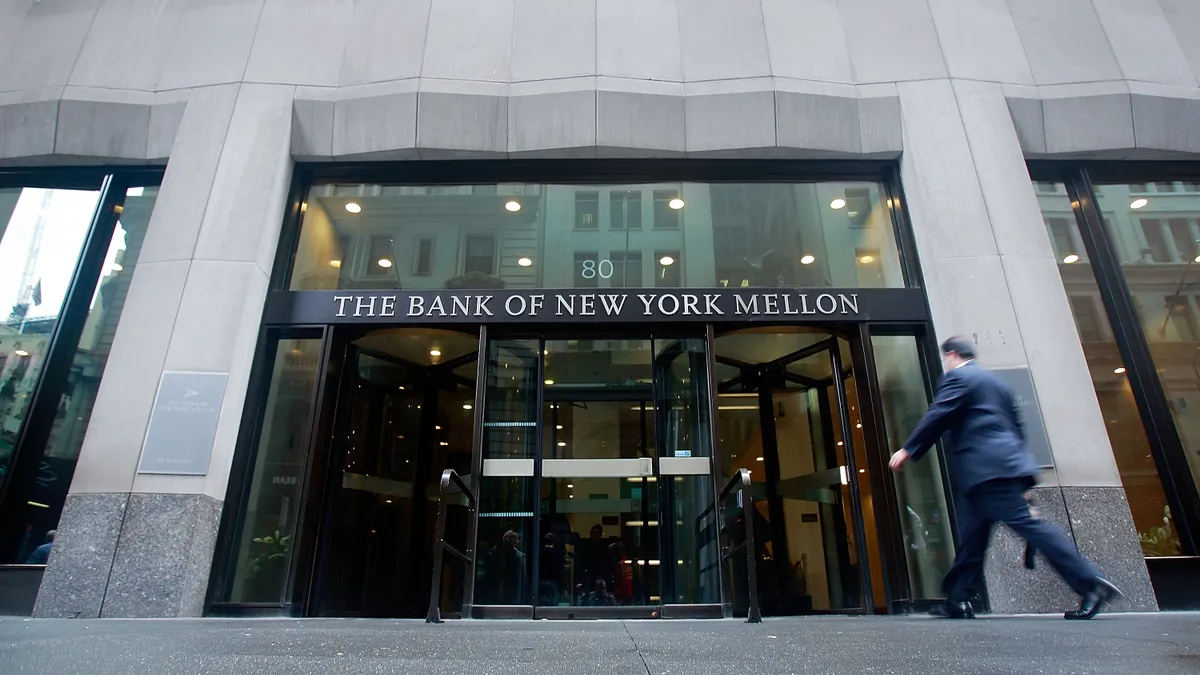BNY’s pending acquisition of software firm Archer may have opened the door to other purchase possibilities, the bank’s CFO, Dermot McDonogh, suggested at a recent conference.
The trust bank’s finance chief, speaking last week at a Barclays conference, said the acquisition of the Berwyn, Pennsylvania-based company is “an important signal, externally, because it tells you that we feel good about how we’re running the company internally.”
“We feel like we have the firm in a good place, in terms of we know what we need to do to run the company better from an internal standpoint,” said McDonogh, who joined BNY in 2022.

New York City-based BNY said Sept. 5 it’s acquiring Archer, whose cloud-based platform provides infrastructure for managed accounts, to bolster BNY's retail wealth presence.
Terms of the deal, which awaits regulatory approval, were not disclosed. But the bank noted in its news release “the financial impact of the transaction is not expected to be material to BNY's earnings and its previously communicated outlook for capital returns.”
While speaking at the Barclays conference, McDonogh shed light on the internal process that led up to the acquisition announcement.
“At the beginning of this year, we did a strategic business review on a particular topic and we realized that we had a capability gap,” he said, without providing more detail. As the bank weighed the build-versus-buy question, BNY executives realized the bank was “doing too many things, in terms of building for ourselves.”
“We kind of felt that if we were to build this capability, it would distract from other priorities,” he said.
This year, BNY has made some $500 million in company investments, and executives felt it would be “a bridge too far” for engineering employees to take on an additional project, he said.
“So we said, OK, who’s the best at this?” he said.
After scanning the market, BNY found Archer to be a good fit, McDonogh said.
If the bank had made this purchase five years ago, the asset servicing segment would have brought it into that business and the rest of the firm wouldn’t have seen it, he said.
“Now the firm is buying it, and it’s going to deliver capabilities to four different lines of business,” he said.
The acquisition will also provide BNY’s investments unit and its Wove wealth platform for advisers “with expanded distribution of model portfolios and access to Archer's multi-custodial network,” the bank said.
BNY oversees $49.5 trillion in assets under custody or administration, and has $2 trillion in assets under management, as of June 30.
The acquisition, set to close in November, generated “optimism internally as well,” McDonogh added.
Barclays analyst Jason Goldberg asked if investors should expect more M&A from BNY.
“We don’t see anything transformational on the horizon, but for sure, where we kind of feel we have capability gaps, we will look for opportunities,” McDonogh said. “Now that the bankers around the city know that we’ve done an acquisition, we’ll look for plenty of ideas for them to bring, ideas about capability hacks that we might want to have.
“So, will we do more? I think so,” he continued. “Is there anything immediately on the horizon? No.”
BNY is also working to improve the profitability of asset servicing, its largest business, which “had suffered from a lack of investment over a period of years,” McDonogh said.
The bank has encouraged clients to change their behaviors so BNY is less reliant on manual processes, McDonogh said. It has also hired new leaders and established pricing standards to improve the segment’s profit margin, he said. The company won’t take business at any price, the CFO said, echoing comments made last year by CEO Robin Vince.
“I continue to work with the team to kind of figure out how we take costs out so we can improve their margin, so that they can price more competitively,” McDonogh said. “And we have a number of initiatives underway to achieve that.”














